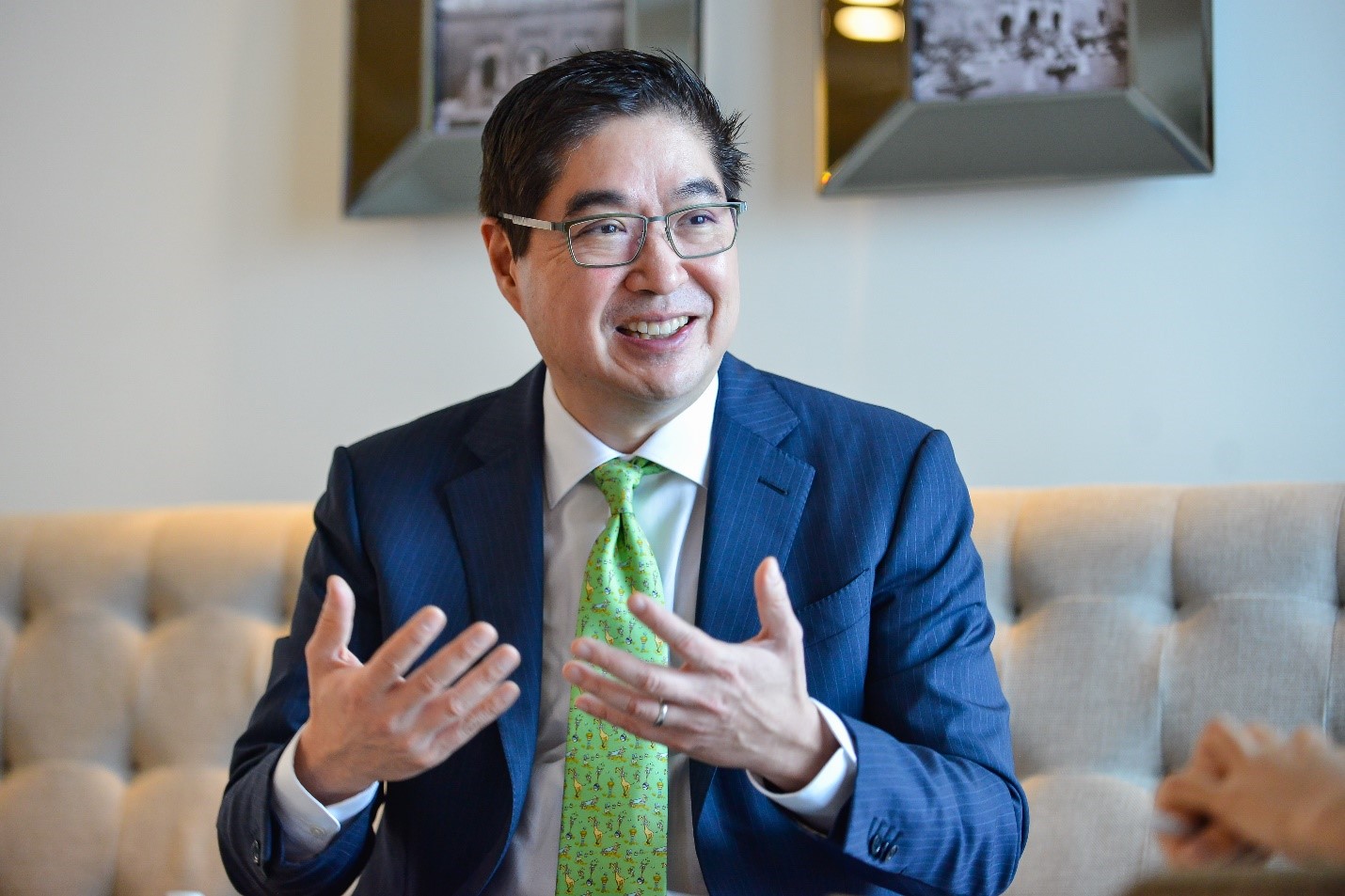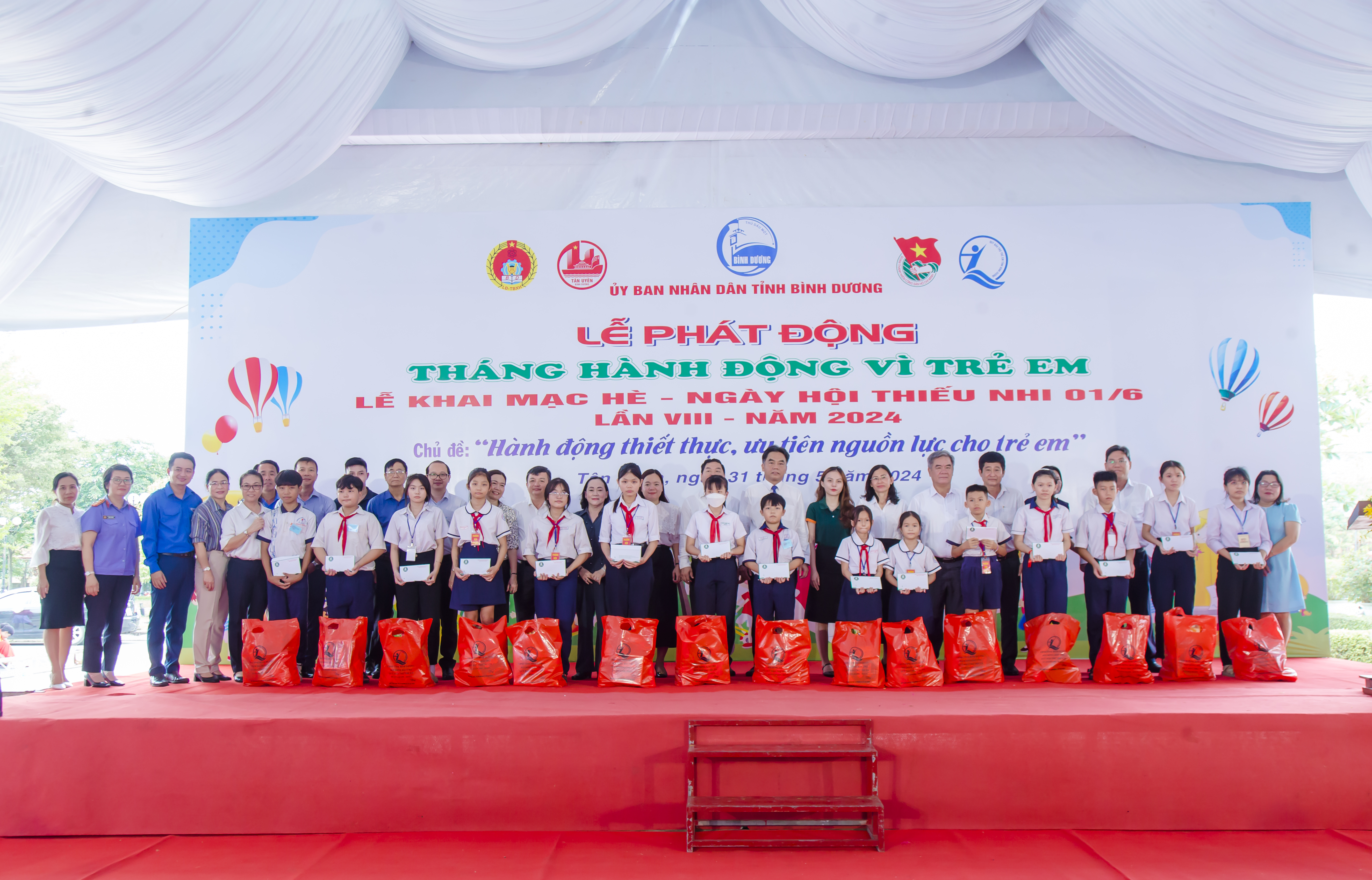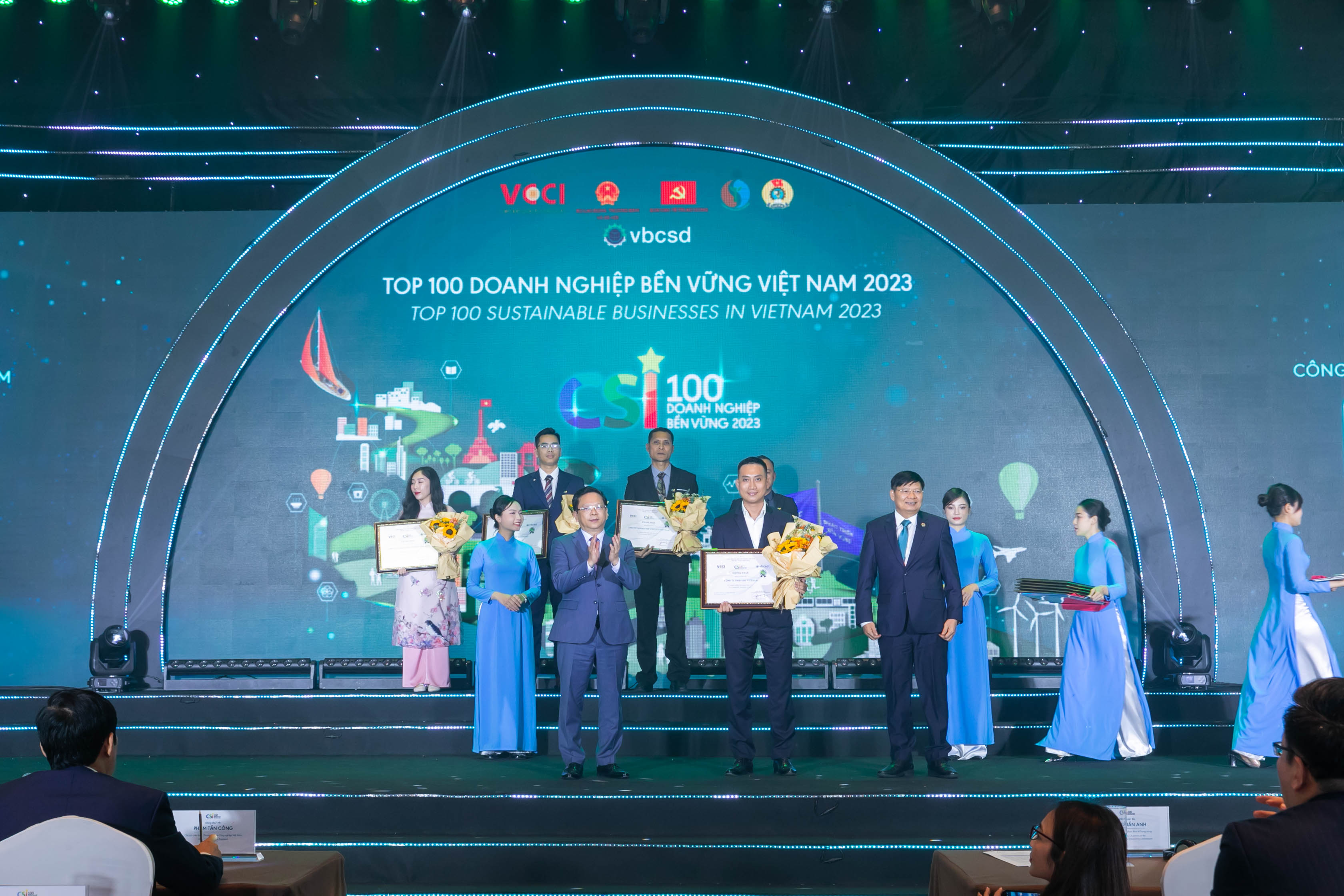
CEO OF JG SUMMIT: “I BELIEVE IN THE GROWTH POTENTIAL OF THE GROUP IN VIETNAM MARKET”

As a leading conglomerate of the Philippines, JG Summit Holdings Inc. has invested in Vietnam since 2003 with URC and 2008 with Cebu Pacific Airlines. After 16 years of successful operation as well as realizing the potential of the market, JG Summit is optimistic for the growth of the conglomerate in Vietnam.
In an interview with Zing.vn, Mr. Lance Gokongwei – President and CEO of JG Summit – shared the Group’s vision in Vietnam and its plans for sustainable investment in the country.
- JG Summit is a leading Filipino conglomerate with diverse business in air transportation, food and beverage, real estate, etc. How do you evaluate the potential for development of JG Summit in Vietnam?
We are excited to strengthen our presence in Vietnam. In fact, we are among the first Filipino corporations to invest in the market since 2003. At present, JG Summit has two subsidiaries in Vietnam: URC since 2003 and Cebu Pacific since 2008. URC is the largest subsidiary of JG Summit in snack food & beverage product. Until now, URC Vietnam have recruited more than 3,000 Vietnamese employees and built five manufacturing plants with accumulated investment of US$200 million. Vietnam and the Philippines have many things in common, from population to economy. URC is proud to be the largest Philippine investor in Vietnam.
We have products that serve domestic market, but more importantly, our “Made in Vietnam” products have been exported to 10 countries in the world, including Japan – a market with strict requirements for quality standards. We use 100% tealeaves from the highlands and coffee from Vietnam as the key material for our products. Therefore, we consider Vietnam an important market and material zone of JG Summit.

- Having been leading URC Group for 16 years before becoming the President and CEO of JG Summit, do you see any differences in consumer habits in Vietnam compared to other markets? What are the advantages and disadvantages that the Group has encountered to penetrate in and adapt to Vietnam market?
Vietnamese consumers prioritize quality and tend to favor products that are good for health. Vietnam has a young population, and the youth are really keen on keeping fit and choosing products with lower sugar and calories levels. This reflects a positive lifestyle towards health and wellness, similar to those in Japan or Korea. Another interesting point is that Vietnamese people are willing to try new products and are highly community-oriented. This brings both opportunities and challenges to the manufacturer.
- What is JG Summit’s development strategy in Vietnam in the context of highly competitive market and consumers’ getting more demanding?
We are now having products favored by young people, particularly ready-to-drink milk tea. In 2020, we will launch a new product line targeting consumers who focus on having good health.
I think any markets have their own features and difficulties. The key is to respect and understand local culture, engaging in everyday life of local people, providing useful products, and becoming part of the community.

- URC is having “Made in Vietnam” products that are exported to ASEAN and other regions in the world. Do you have plans to develop more similar brands in the future?
Absolutely yes. We are exporting our “Made in Vietnam” products to 10 countries in three key categories: ready-to-drink beverage, coffee, and snacks. Of these, coffee is mainly exported to the Philippines and snack-food to Japan. As Japan is known as a highly demanding market, this proves the quality of our “Made in Vietnam” products.
I believe this field has great room to grow in the future. Vietnam has a long-standing and sustainable agriculture famous for quality agricultural products like tea, coffee, and rice, among others. This, combined with upgraded infrastructures and manufacturing platforms thanks to increased investment, will bring competitiveness to “Made in Vietnam” products in terms of both price and quality.
URC Vietnam is proactively approaching potential clients in the world in order to expand our “Made in Vietnam” F&B exports beyond the current 10 markets, helping to promote Vietnam’s reputation as one of the high-quality manufacturers of the world.

- The use of Industry 4.0 technologies has become common in F&B industry. What has URC done to catch up with this trend?
We have invested in 4.0 technologies in all URC’s manufacturing facilities in Vietnam. Our production lines are automatized using robots and automated racking systems. We plan to implement the SAP Manufacturing Integration and Intelligence (SAP MII) application and the Manufacturing Execution Systems to link our factory equipment with backend system starting in 2019.
The SAP MII system enables the factory to reduce equipment downtime through predictive maintenance. Specifically, it will predict machine failures to improve maintenance schedules and reduce or eliminate unscheduled downtime. Applying automation solutions enables us to not only improve the quality and availability of materials, but also reduce manufacturing costs and optimize our supply chain.
- URC’s 2030 development strategy is heading towards sustainable development. What have been done to achieve this sustainability goal?
We are working with the Vietnam Tea Association to develop tea cultivation zones. Every year, URC uses approximately 9 tons of tea material from Vietnam for our factories in Vietnam and the Philippines. We hope to collaborate with the association to help tea farmers better manage and improve tea quality. This is not just an approach to utilize local material but also a way to improve the material quality and make it qualified for export to choosy markets.

At the same time, we will co-operate with key players in Food & Beverage industry in a joint effort to recycle plastic waste and reduce single-use plastic products in order to better protect the environment. As you know, plastic waste has become a global problem. We as well as other manufacturers need to use material resources in a responsible manner.
URC Philippines is a senior member of the Philippine Alliance for Recycling and Materials Sustainability (PARMS). In Vietnam, URC and eight companies joined hands to organize a signing ceremony to launch the coalition Packaging Recycling Organization Vietnam (PRO Vietnam) that realize our commitments to recycling and sustainability. We are really serious in this matter.
- Aside from URC and Cebu Pacific, do you have plans to launch other brands of JG Summit in Vietnam?
RLC (Robinson Land Corporation) is considering the chance to enter Vietnam’s real estate market. We also have our JG Dev Fund, a venture fund that invests in technology startups, start operation in ASEAN this year with total investment of around US$15 million.
- Which core values that have made JG Summit’s success in the Philippines? In your opinion, is it possible to apply the same values in Vietnam to gain the same levels of success?
At JG Summit, we pursuit four core values. First is the passion to win, with which we put our heart and mind in everything we do, and continuously challenge ourselves to deliver world-class brands. Second, it’s the courage that helps us never give up when facing challenges and obstacles.
Another important key value is the dynamism that keeps us continuously innovating, updating new technologies, and being open to new, creative ideas and approaches. And last but not least, it’s the integrity of the organization. We always embrace long-term values and aim to do the right things, although it is not easy. In Vietnam, these core values are being applied and have brought about certain success thanks to cultural similarities between the two countries. Such values have been retained since the founding generation of JG Summit, and I hope they will continue to be embraced in the future.
- As the President and CEO of JG Summit, could you share your own way of doing business?
I always look forward to positive changes in people’s lives. This point of view is also reflected through the operation of JG Summit and URC, which aim to “make life better”. We try to put consumers at the center of our every effort. The only way for an enterprise to survive and thrive is to serve customers better every day.
.jpg)


